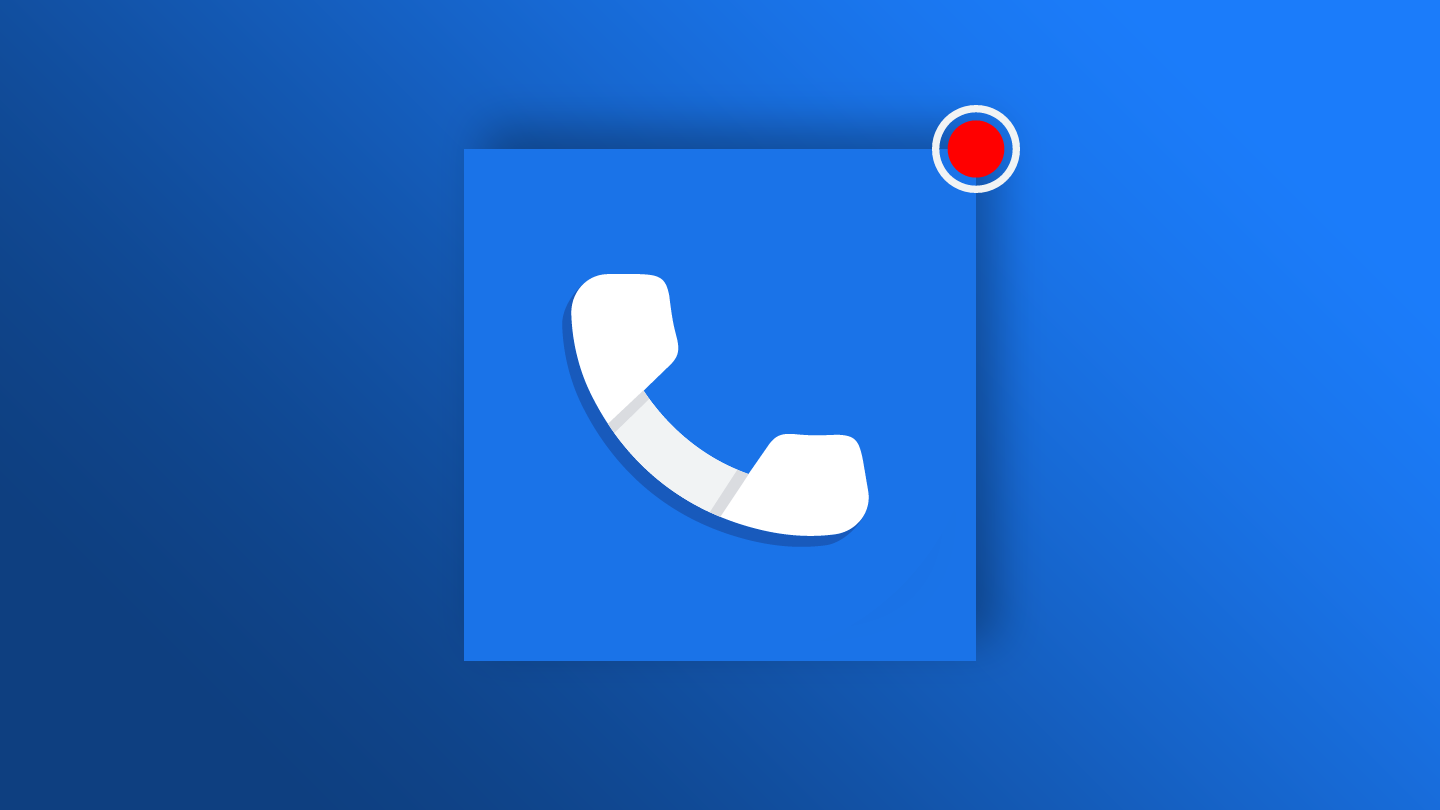The Google Phone app that comes pre-installed on the latest Pixel handsets and many other great Android phones has the capability to record calls in some regions, at least where it’s legal. In the rest of the world and on phones that don’t come with built-in capabilities, you’ll have to rely on third-party apps for recording instead. However, it looks like Google is going to crack down on these services, blocking them from using accessibility services for this purpose.
As discovered by the developer of the popular Call Recorder ACR app on Reddit, an upcoming Play Store policy that was first announced at the beginning of April will prohibit apps from using the Accessibility API for call recording. That is, if they want to distribute their apps on Google’s storefront. The policy clearly states that the “Accessibility API is not designed and cannot be requested for remote call audio recording.” Further, the use of the API must be documented in the Play Store listing, and apps that are not built with accessibility use cases in mind primarily must add disclaimers and require explicit consent from users before they can use them. These new rules will come into effect on May 11, 2022.
In a webinar, Google further explains what the changes will mean. In it, a Google Play Trust & Safety employee explains that the new policy will specifically affect apps that are used to record calls with the person on the other end unaware of being recorded, which is usually only possible with third-party apps. This stands in contrast to pre-loaded and default apps, which don’t need accessibility services to enable this functionality—like Google Phone, for example.
Dan Jackson, Head of Policy Communications for Android and Google Play, confirmed as much to us, saying that "Google Play permits the use of the Accessibility API for a wide range of applications. However, only services that are designed to help people with disabilities access their device or otherwise overcome challenges stemming from their disabilities are eligible to declare that they are accessibility tools." Google is highly encouraging that only accessibility apps use accessibility services and has already cracked down on many other use cases. Some apps that are not accessibility tools can still use the Accessibility API when they declare what they're used for in their Play Store listing, though—just not for call recording anymore.
Google has been cracking down on third-party recording apps for years. After the company removed Android’s official call recording API in version 6 Marshmallow, it further restricted access to phone audio in Android 9 Pie by deprecating more APIs. Developers have since turned to accessibility services, but with these out of the way for those who want to distribute their apps via the Play Store, third-party call recording might soon be fully off the table—at least for anyone who gets their apps from the Play Store.
So far, it’s unclear if apps that will continue using this method will be banned from the Play Store outright or if there is a grace period extending beyond May 11. We would expect that apps will have to follow this guideline when they’re published or updated after that date, but it’s also possible that Google would ban distribution outright.

